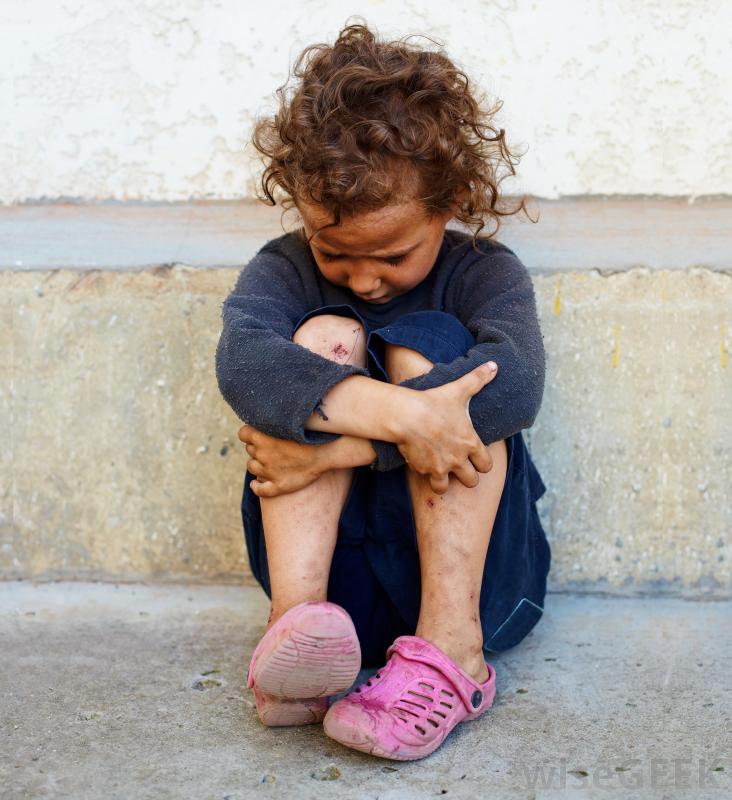As the world watches and protests the mistreatment of children at the US-Mexico border, we should also remember what is happening to children already within our borders. For decades, the US system of child protective services and the foster care system has done a poor job ensuring the well-being of those in need of their services in many areas. We have all read the horror stories of children murdered by their caregivers, despite those kids being known to the appropriate agencies. While some may argue it is a rare occurrence, the truth is that this should happen to no child.
In the US, there are nearly half a million children in the foster care system. Many of them were forcibly separated from their mothers While the ability of their mothers to be fit parents may be obviously in question, these children love her regardless of whatever she may be doing (drugs, prostitution, etc.) Not only are they being traumatized by whatever is happening in their homes, the separation then offers an additional upheaval. Of these, 45% will be placed in non-relative (ie complete strangers) homes. Only 3% will be place with preadoptive families and only 5% will remain home under supervision.
Children of all ages end up in the foster care system. Many of them when they are at the ages of critical brain development. Many studies have shown derangements in brain growth and neuronal connection development when a child grows up in a non-loving environment. While the authorities tasked with keeping children safe get them out of dangerous situations, they often fail to address the love that is missing in the child’s life. Yes, food, housing, and clothing are important. But, children have emotional needs and these children probably have more than most.
In fact, 56,000 children are placed into group homes and not in family settings despite research showing that they do better in a family setting. Although group homes are more expensive to run, there are not enough people willing to be foster parents. These homes end up being a default for many, especially teens as more people are reluctant to accept them. And many of these teens age out of the foster care system with no safety net in place. It is estimated that 30% of homeless people were previously in foster care. Of teens aging out of foster care in a group home, approximately 40% of them won’t complete high school.
An additional insult to these children is that they are often separated from their siblings. They are not only being separated from the mother they love but they are often kept away from the siblings they are growing up with, who are sharing their suffering. They are lucky if they end up in the home of a relative that they know. But, many are placed with strangers, alone, and then moved from house to house to house. It often seems the goal of the placements are to take care of regulations and paperwork, rather than traumatized children.
As adults, we have the responsibility to protect those who are vulnerable. And no one is more so than children. Being in the foster care system is damaging and harmful, and many of these kids will have many more hurdles to clear if than want to be successful than other kids have. Often, being in the foster care system comes not only with added hardships, but with stigmatization. Some look at these kids as if they are damaged in some way. And perhaps they are because are current system is not meeting the needs of these children. Our nation needs to look to the future and if we can’t take care of our children, we will have none. All children deserve to feel love and not be further harmed by choices their parents made or crimes they committed. Children should not be harmed or traumatized, no matter where they are coming from or what they’ve been through.
 Copyright secured by Digiprove © 2018 Linda Girgis, MD, FAAFP
Copyright secured by Digiprove © 2018 Linda Girgis, MD, FAAFP



Thank you for shining a light on this.
Physicians should weigh in on this.
Speaking up is one.
MDs in leadership positions have much to contribute.
The knee-reflex is, “It’s not my problem.”
Reality—if (and because) we do nothing, it becomes everybody’s problem.